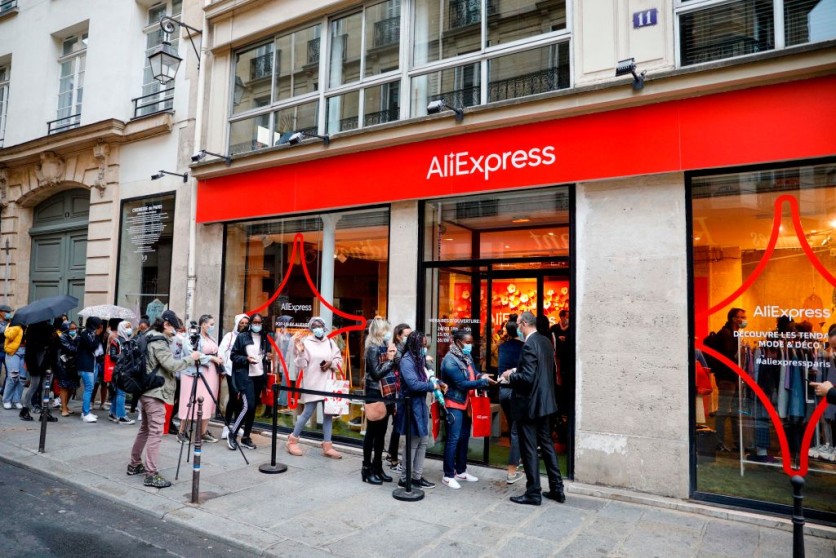
AliExpress, a China-based online retail service owned by Alibaba, continues expanding worldwide as rivals attempt to counteract sluggish growth at home and offer their technologies to new markets.
Expansion Outside Home
AliExpress is an online marketplace that has been around since 2010, and it is now aiming to expand in both Europe and South Korea.
On Thursday, Mar. 16, the company conducted a launch ceremony for its AliExpress Choice service in Spain. Notably, the firm has been offering a nine-day delivery time for customers in the said nation since the beginning of March.
When it comes to European Union (EU) markets, Spain is reportedly second only to AliExpress' logistics base in Belgium. This is based on the number of weekly charter flights the company plans to operate. Now, by the end of March, it hopes to have 7,500 pick-up locations throughout Spain, up from the current 5,000.
In an interview with the South China Morning Post (SCMP), Gary Topp, commercial director for Europe at AliExpress, stated that the firm has focused on the fundamentals over the last year to compete with other market players specializing in a given sector.
"We'll be investing a lot in the user experience, including logistics, also free returns, paying by installments, product selection and quality, and guaranteed prices. This is really our main direction for the year ... retail basics," Topp explained.
Alibaba's subsidiary also announced plans to spend 100 billion South Korean won (about $76.2 million) this year to enhance logistics, the customer experience, and the cost-effectiveness of its offerings.
Ray Zhang, general manager of AliExpress South Korea, said last month that the number of daily active users in the nation had climbed by more than 60% yearly.
Prominence in Spain
According to SCMP, Spain is one of AliExpress' top European markets. Gary Topp said that domestic demand for kitchenware increased by 89% year over year in February, while demand for cleaning supplies increased by 44% year over year.
Furniture and household goods, consumer electronics, vehicle and motorbike components, mobile phone accessories, and sports equipment round up the top five most popular product categories in Spain.
Mark Tanner, executive director of Shanghai-based consultancy China Skinny, said AliExpress chose countries like Spain as "they are less contested than markets such as the US, particularly for lower cost Chinese cross-border goods."
Intensifying Competition
AliExpress' recent initiatives to expand into South Korea and Spain are consistent with those of its rivals.
PDD Holdings' Boston-based budget shopping software Temu has had rapid growth since its initial success in the US. The company has recently expanded into other countries, such as Canada, Australia, and New Zealand.
Despite political animosity, ByteDance's short video app TikTok has been testing the UK and US e-commerce waters.

![Apple Watch Series 10 [GPS 42mm]](https://d.techtimes.com/en/full/453899/apple-watch-series-10-gps-42mm.jpg?w=184&h=103&f=9fb3c2ea2db928c663d1d2eadbcb3e52)



